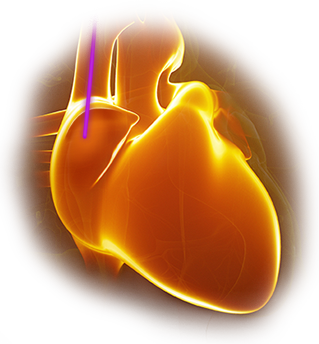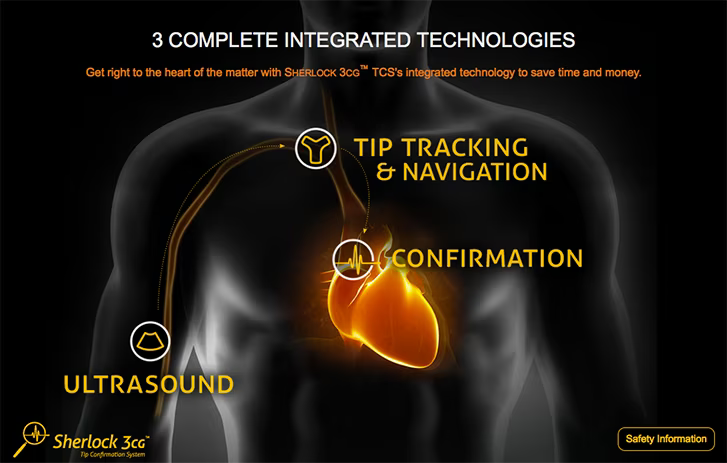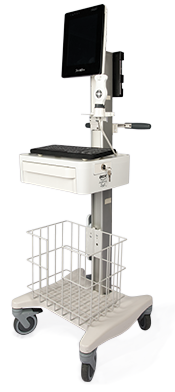Sherlock 3CG™ Tip Confirmation System (TCS) simplifies the PICC insertion process by combining PICC tip placement technology into select Site~Rite™ Ultrasound systems.
The Site~Rite™ 8 Ultrasound System is currently available with integrated Sherlock 3CG™ Diamond TCS.
The Site~Rite™ 8 Ultrasound System with integrated Sherlock 3CG™ TCS is a "one-stop-shop" for PICC placements, allowing you these capabilities:
- Evaluate and assess patient vasculature
- Select and access the appropriate vessel
- Use tip tracking technology to locate and navigate the catheter tip to the SVC
- Use ECG technology to distinguish changes in P-wave amplitude and identify max P-wave
- Confirm catheter tip placement at the Cavo Atrial Junction (CAJ) without the need for a confirmatory chest X-ray
- DICOM® (Digital Imaging and Communications in Medicine) on select systems or printed documentation





